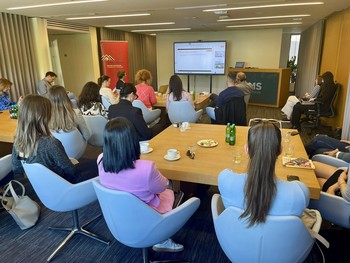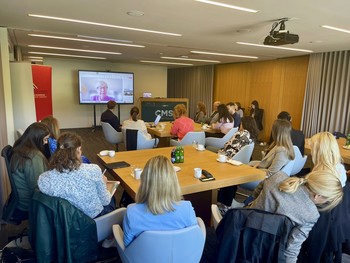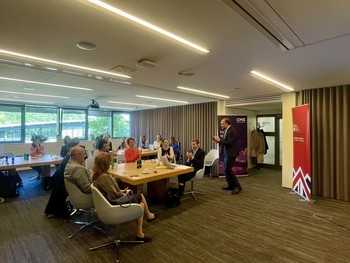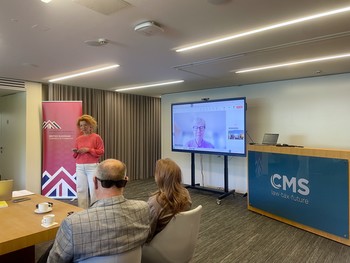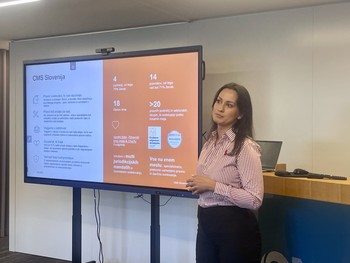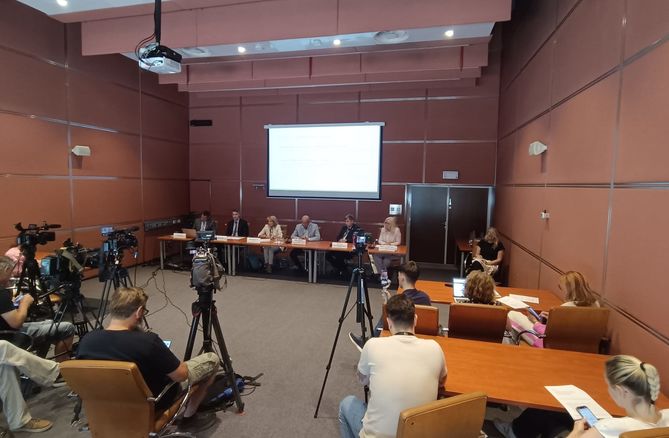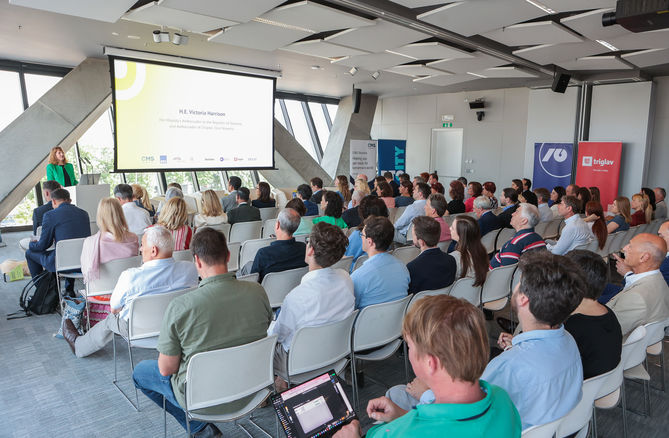People and Culture Council Reflects on Leadership That Listens, Empowers, and Connects
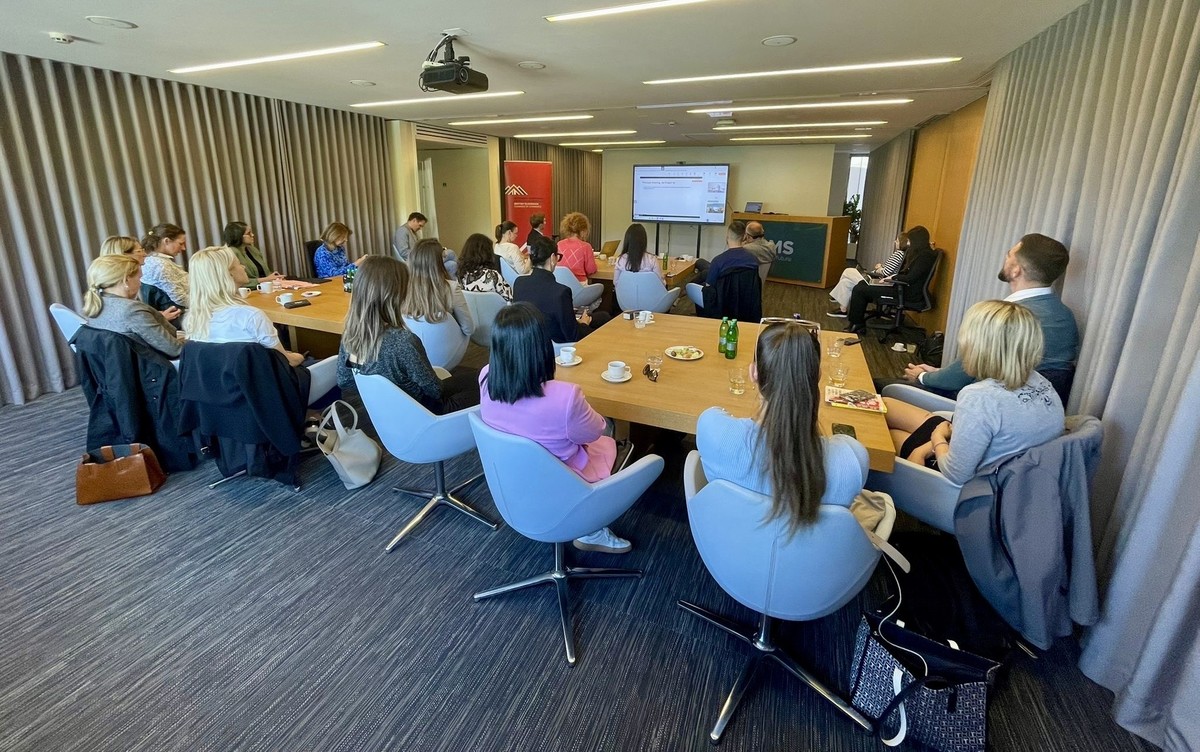
The People and Culture Council held its latest meeting on 16 May 2025, kindly hosted by CMS Slovenia. The meeting focused on how leadership mindsets and practices must evolve to unlock greater engagement, purpose, and collaboration in the workplace. The Council welcomed Karin Tenelius, Co-founder of Tuff Leadership Training, who joined live from Stockholm as a special guest speaker.
Tenelius discussed why leadership matters and what it takes to be an effective leader in today’s evolving workplace, emphasising that traditional, control-based leadership is no longer enough. Instead, leaders must relate to employees as equal partners, engaging in adult-to-adult relationships built on trust, openness, and mutual respect, where employees feel heard, to unleash their potential and help them find intrinsic motivation. She stressed that leadership development requires practical training that transforms how leaders think and behave. Many organisations still rely on outdated methods, even though today’s workplace calls for decentralised, trust-based ways of working. This disconnect may often lead to burnout, low engagement, and resistance to change.
Lasting change, she explained, begins when employees are involved early in the process, understand the reasons behind decisions, and see how it benefits them personally and collectively. When leaders genuinely listen, give meaningful feedback, and address unspoken tensions, they also build psychological safety. From there, engagement and responsibility begin to emerge naturally, not because they’re demanded, but because people feel empowered to contribute.
Council Co-Chair Matic Čad, Partner at Law Firm Čad, reflected on some key takeaways from a book Alive at Work: The Neuroscience of Helping Your People Love What They Do by Daniel M. Cable, Professor of Organisational Behaviour at London Business School. Čad attended a session with Cable during last year’s Business Delegation to London, organised by our Chamber. Cable’s research, grounded in neuroscience, shows how workplaces shaped by industrial-era automation often stifle creativity and engagement. Cable uses examples to show that even small changes - such as allowing employees a few hours a week to work without distractions on tasks that inspire them personally - can have a significant impact on their performance. These moments of autonomy can significantly increase employee engagement, creativity and productivity. Čad shared with the council members how small changes at their law firm, inspired by Cable's findings, are already yielding positive results.
Thank you, CMS Slovenia for hosting us!
Next meeting is scheduled for 19 September 2025.

